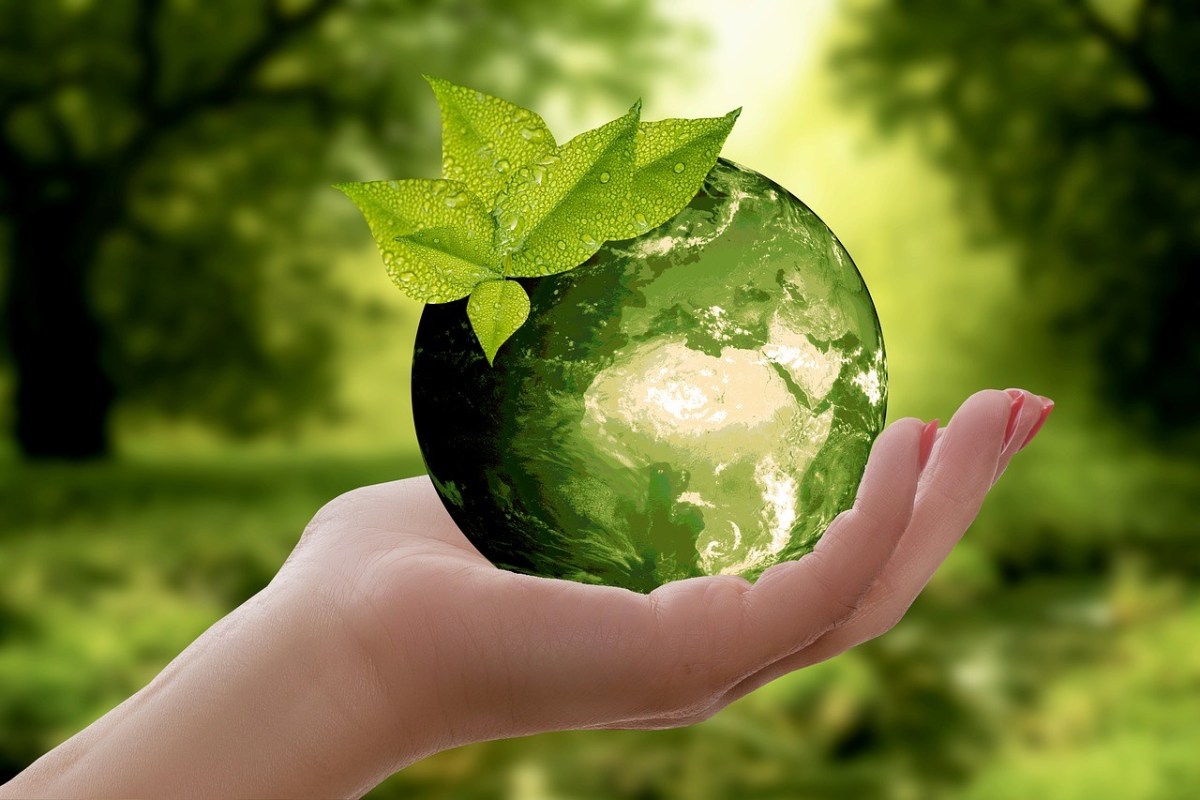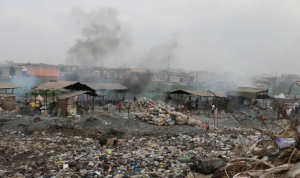The words “eco-friendly”, “reuse”, “recycle” are often used within our social, business and academic circles while in everyday life the effect is not seen. Do you know that only little waste is recycled? In a study by Linda Godfrey et al. on Solid Waste Management in Africa, 2019, only 4% of waste are recycled in Africa. Waste could generate US$8 billion annually for the continent through safe collection and redirection towards reuse, recycle and recovery. Well, not all the waste we generate are meant for the landfill or dumpsites. Materials that are organic (plant and animal sources) are eco-friendly and do not pose a threat to our environment as those who do not. In early stages of development, both organic and non-organic materials end up in the landfills but as cities grow and populations soar, this approach was deemed unsustainable – extensive land use and soil pollution.
In recent times, the effect of poor waste management practice has become a more dominant conversation in many public spheres. Plastic waste handling is an example. Plastic waste has been a major problem the continent of Africa has ever had to deal with – 13% of Municipal Solid Waste are plastic according to UN Environment report, Africa Waste Management Outlook, 2012. Most of the plastic waste end up in our drainages, streets, walkways and even in our water bodies. Studies have shown that plastic (microplastic) wastes have led to contamination of the soil we grow our crops; the ground and surface water we drink; and even the fishes we eat. The National Geographic channel in March 2019, made a report about a young whale who died of starvation due to ingested plastic (88pounds) in its stomach. Furthermore, electronic equipments, used car parts are growing waste streams driven by lifestyle changes of increasing urban middle class. The need to begin adopting eco-friendly approaches is a call to save the earth. Our plants, aquatic life, natural resources and health are paying the price for our habits.
A more sustainable approach would be to divert waste from landfills or dumpsites by reusing and recycling. Recycling is the process of collecting and processing materials that would otherwise be thrown away as trash and turning them into new products while reuse is the use of a product or material again for the same purpose in its original form or with little enhancement or change (US EPA). Plastic, paper, food waste, waste oil and metals are some of many materials that have been recycled or reused. Old newspapers, books and papers can be recycled into tissue paper. Aluminum containers and iron scraps can be melted and used to make other products. Some plastics can be melted and molded into similar products. Plastics can also be reused as containers of other items like water, oil, or as writing material holder, funnels.
On the bright side, the reuse and recycling of waste can improve the livelihoods of thousands of informal waste reclaimers, grow and strengthen local manufacturing while also creating new jobs and business opportunities for the population. To save the earth, a collective, conscious and persevering spirit is needed to drive/initiate sustainable solutions that reduce our impact on the environment. It is our duty and responsibility to drive this change and protect the earth.






